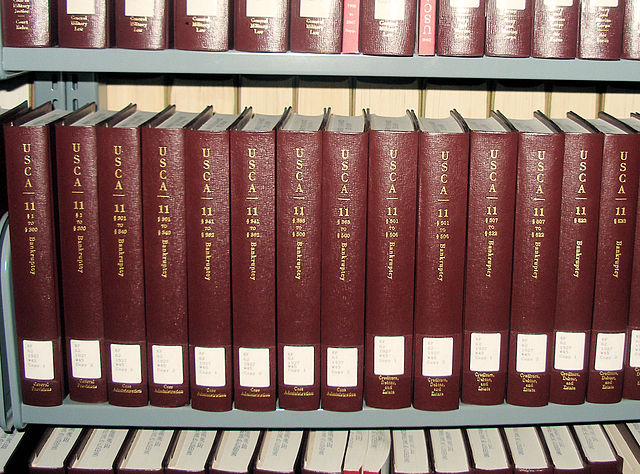The legal system of India consists of civil law, common law, customary law, religious law and corporate law within the legal framework inherited from the colonial era and various legislation first introduced by the British are still in effect in modified forms today. Since the drafting of the Indian Constitution, Indian laws also adhere to the United Nations guidelines on human rights law and the environmental law.
personal law is fairly complex, with each religion adhering to its own specific laws. In most states, registering of marriages and divorces is not compulsory. Separate laws govern Hindus including Sikhs, Jains and Buddhist, Muslims, Christians, and followers of other religions. The exception to this rule is in the state of Goa, where a uniform civil code is in place, in which all religions have a common law regarding marriages, divorces, and adoption. Plus, recently, on February 7, 2024, the Indian state of Uttarakhand has also incorporated a uniform civil code. In the first major reformist judgment for the 2010s, the Supreme Court of India banned the Islamic practice of "Triple Talaq". The landmark Supreme Court of India judgment was welcomed by women's rights activists across India.

The Constitution of India is the longest written constitution for a country, containing 470 articles, 12 schedules, 105 amendments and 117,369 words.
In law, common law is the body of law created by judges and similar quasi-judicial tribunals by virtue of being stated in written opinions.
A view of Westminster Hall in the Palace of Westminster, London, early 19th century
A 16th century edition of Corpus Juris Civilis Romani (1583)
USCA: some annotated volumes of the official compilation and codification of federal statutes.
The Constitution of India is the longest written constitution for a country, containing 395 articles, 12 schedules, numerous amendments and 117,369 words.




